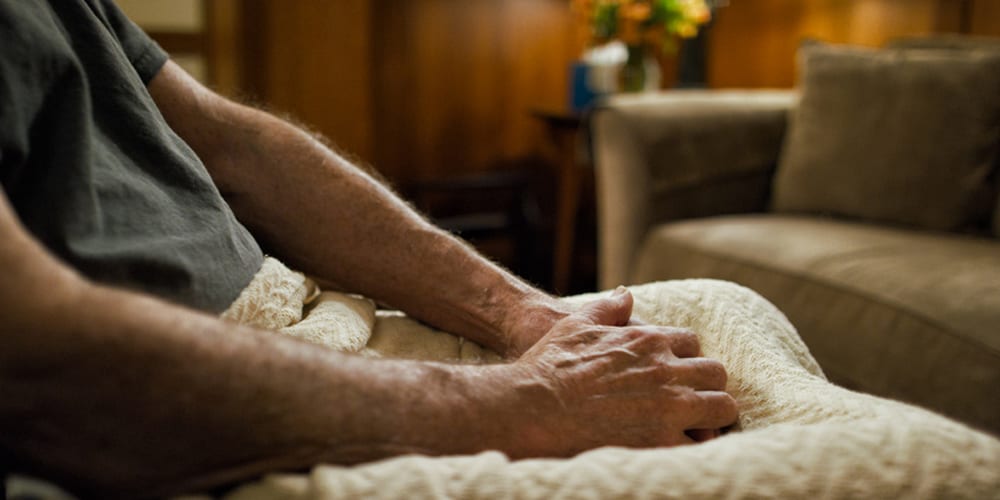Hoarding disorder: What is it?
Hoarding disorder occurs in people who find it difficult to throw things away, regardless of those items’ significance or value.
Left unchecked, it can become chronic and lead to serious negative impacts on a person’s health, or that of their family, as well as their social, economic and even legal situation.
This article contains a brief summary of the symptoms and causes of hoarding disorder, as well as what help can be sought if you feel you or someone else may suffer from the condition.
What are the symptoms?
Hoarding disorder tends to be characterised by people who find it challenging and/or emotionally stressful parting with items and objects, even if they are perceived by others as having little or no value.
This is different from those who describe themselves as “collectors” – who keep hold of a specific type of item because of their historical or financial value.
Over time, sufferers may run out of room in their house, garden or shed to store these items, allowing them to pile up in a chaotic or disorderly fashion.
This is often a point where hoarding disorder becomes exponentially more difficult to manage.
Other symptoms, experienced either before or after this point, can include:
- emotional distress, manifest by a sense of being overwhelmed or embarrassed by their living space
- suspicion or fear of other people interfering with their items
- obsessive fears and actions
- feeling responsible for objects
- believing inanimate objects may have emotions or feelings
What causes hoarding disorder?
According to Medical News Today, research is still being carried out to determine the varying causes and triggers of hoarding disorder.
However, what we do know is that the condition can be brought on if the person believes the items they are holding on to:
- may become useful or valuable in the future
- were free or represented a bargain at the time
- have a sentimental value
- seem irreplaceable or unique
- evoke memories of a significant time, place, person or event
- provide a level of comfort
What help is available?
It’s advisable to speak to a doctor if you identify with the symptoms described above, particular if they
- are accompanied by other symptoms such as depression or anxiety
- interfere with cleaning, cooking, bathing, self-care and going to work or school
- cause severe anxiety or embarrassment
- have made the space around you unhealthy or unsafe
If you have identified the symptoms of hoarding disorder in a friend or family member, it can be an extremely difficult subject to broach, particularly if that loved one is also experiencing any added psychological symptoms such as emotional distress or embarrassment.
However, offering to accompany them on a visit to either a doctor or a mental health professional may be a useful step in convincing that person to make the changes they need.
Alternatively, visit a health professional yourself to share your concerns and discuss the best course of action to help.




